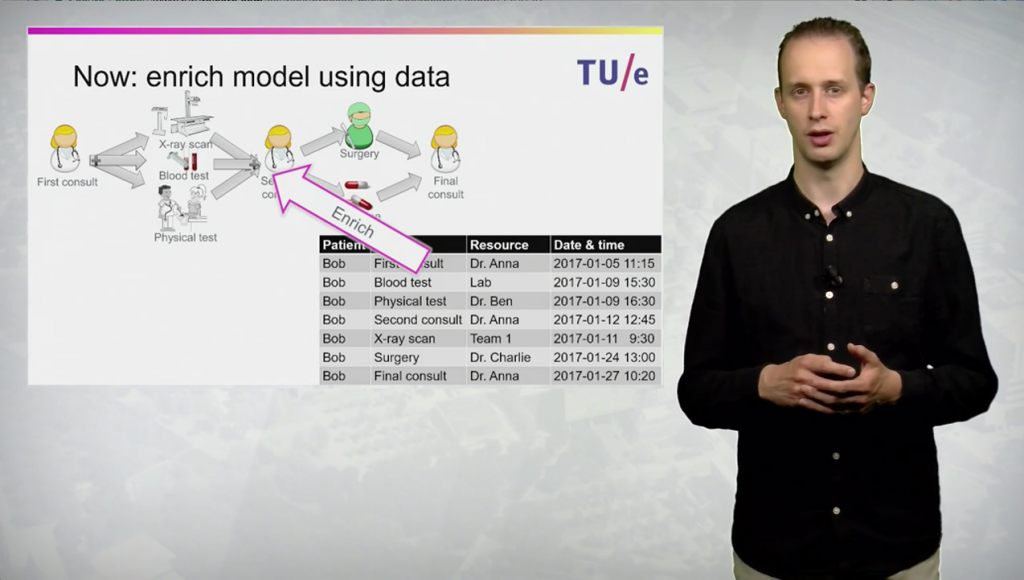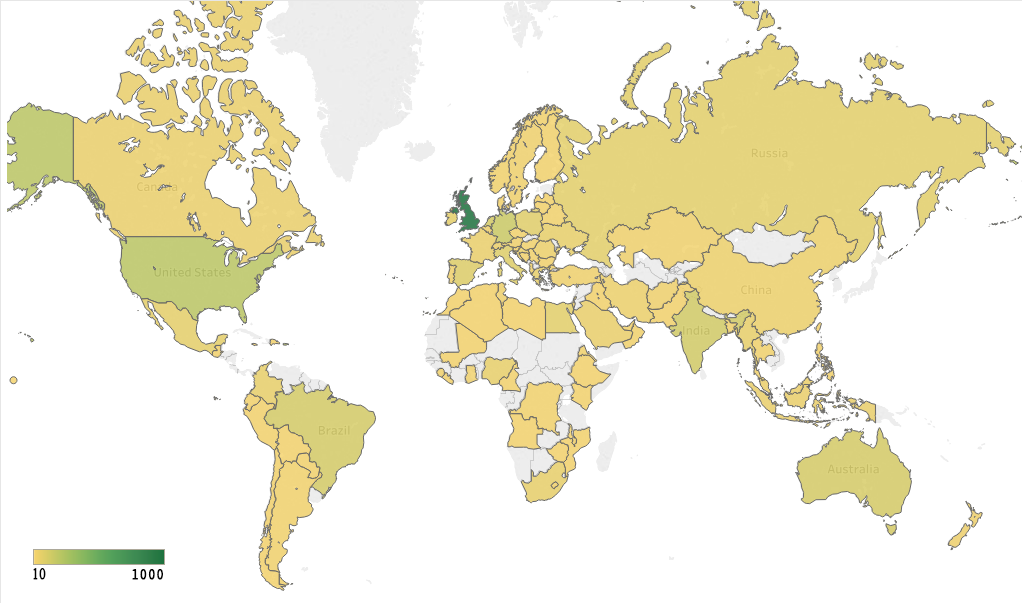
TU Eindhoven’s Data Science MOOC, Process Mining in Healthcare, starts on 9 October
As our partners at Eindhoven University of Technology are about to start the latest iteration of our Process Mining in Healthcare MOOC next Monday, we look back at the how the Process Mining MOOCs have performed over the past 18 months, and forward to the new course. Led by Joos Buijs, a specialist in process mining in the healthcare domain, and assistant professor at the Data Science Center Eindhoven, the first iteration of this free online course went live in July 2016, attracting 1,000 engaged learners from around the world. Since then more than 3,500 learners have actively taken part in the 7 iterations of the original Introduction to Process Mining with ProM, as well as the more recent Process Mining in Healthcare course. The value of these courses to those working in enterprise performance monitoring, process architecture, and related roles is clear from the feedback we receive from participants:
Absolutely wonderful. I thoroughly enjoyed it.
It brought me a new way of looking at and investigating my existing data. A new way of asking questions and at the end new insights.
What does Process Mining in Healthcare involve?

Process Mining in Healthcare MOOC
Because of the need to reduce costs while improving the quality of care, healthcare organisations continually seek to further improve the efficiency of their treatment processes. With the advance of big data and increased support of information systems in healthcare processes, sufficient data is now being produced that allows us to find efficiency gains. Process mining facilitates a more efficient use of the scarce resources, focusing resources on implementing the most effective treatments.
Based on event data (what happened when, by which resource, and for which patient) process mining techniques can automatically discover process descriptions, describing the process flow of the majority of patient treatments. Existing process models or guidelines can be validated against the event data, in order to analyse deviations. Performance and bottleneck information can be projected on process models to easily detect where most time is spend in a process. Also the social network of how resources in a process collaborate and hand-over work, can be analysed, all based on the event data containing four columns: what, when, for which patient, and by whom.
In this free online course you’ll learn how process mining can provide answers to the most common challenges in healthcare. We discuss the healthcare environment, and spend significant time on how to get the right data. We also provide real-life datasets which you can use with our free and open source process mining software ProM! We also present several case studies, where process mining techniques have been applied in real healthcare organisations. For each case study we discuss the main goal, provide an overview of the obtained results, and provide the key conclusions and impact on the processes. These case studies are contributions by different partners.
To register please visit Process Mining in Healthcare – and don’t forget to follow @FLProcMin!
 Estimated Global Participation in Process Mining MOOCs 2016-2017This course is an initiative of the EDSA and the Process Mining for Healthcare Consortium.
Estimated Global Participation in Process Mining MOOCs 2016-2017This course is an initiative of the EDSA and the Process Mining for Healthcare Consortium.
